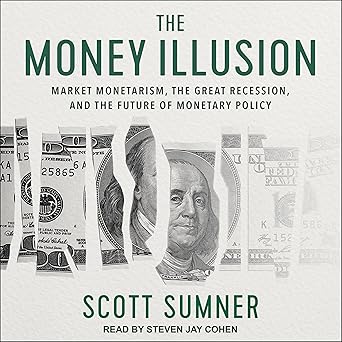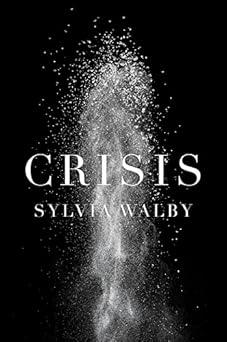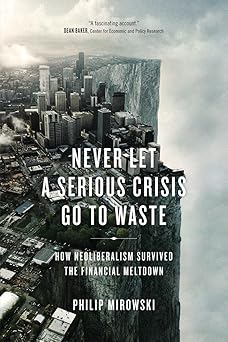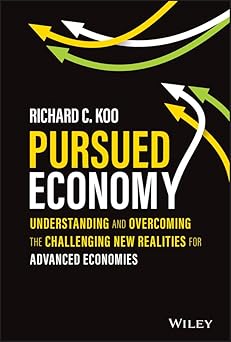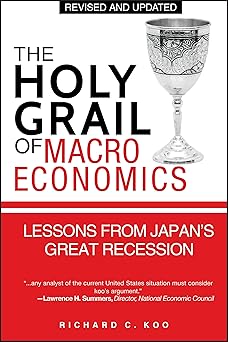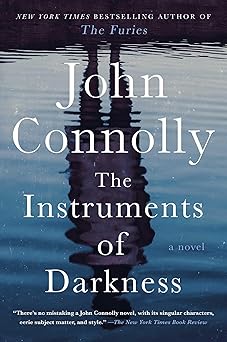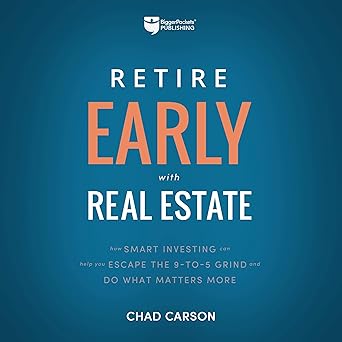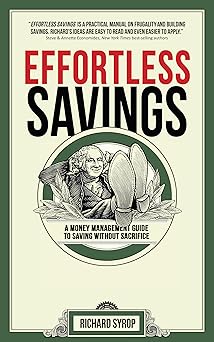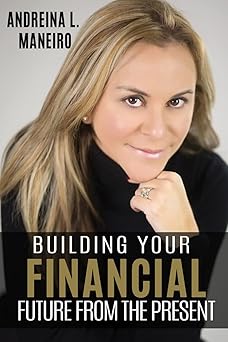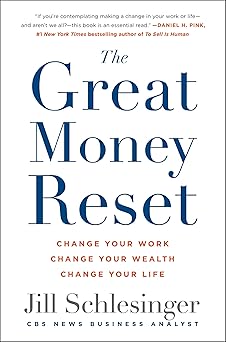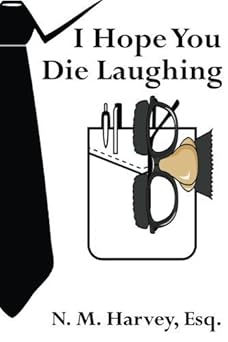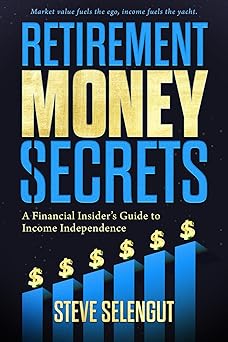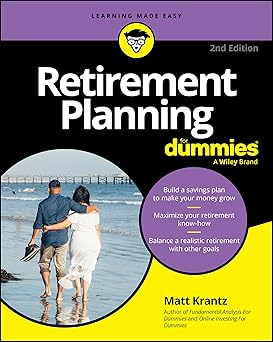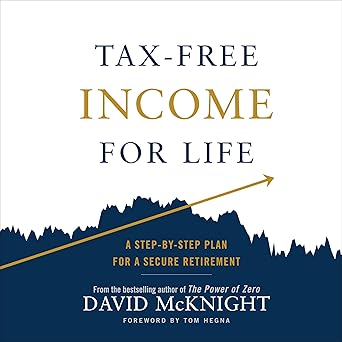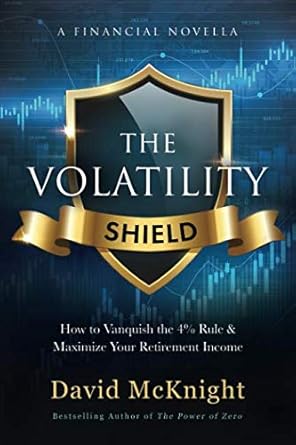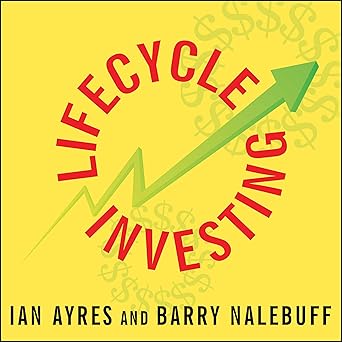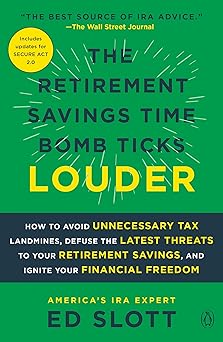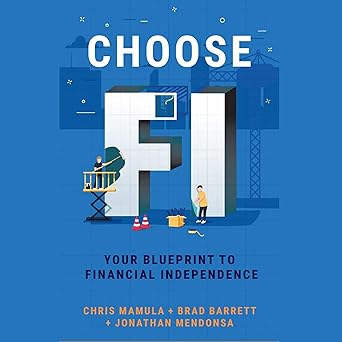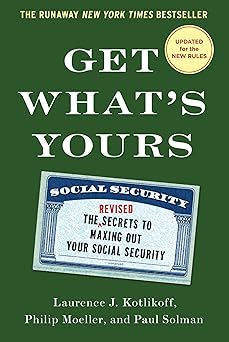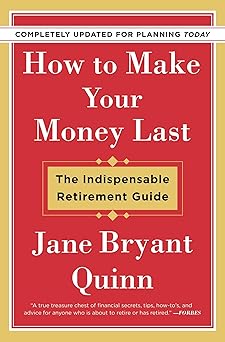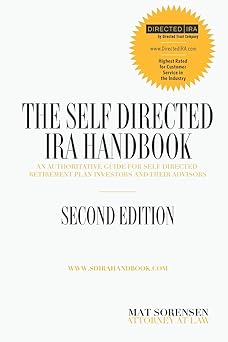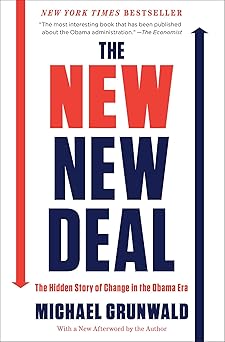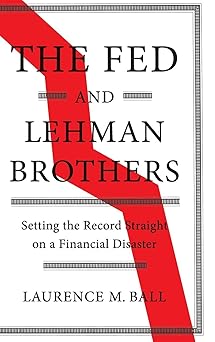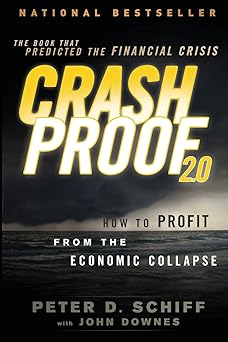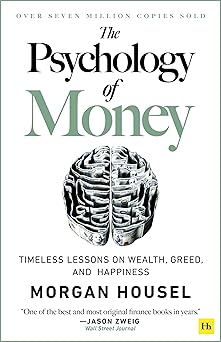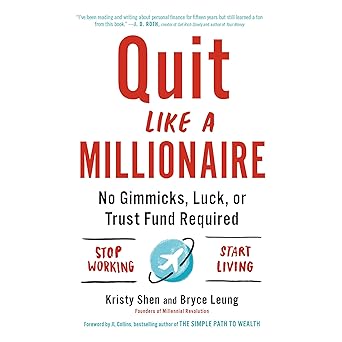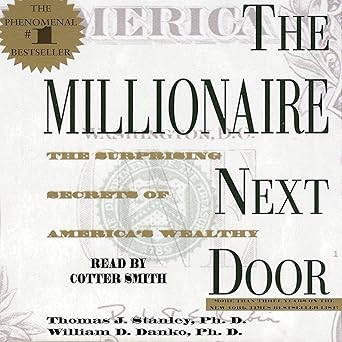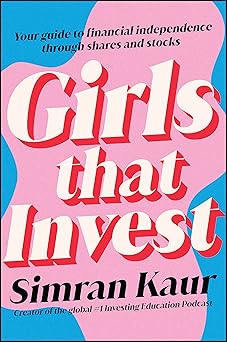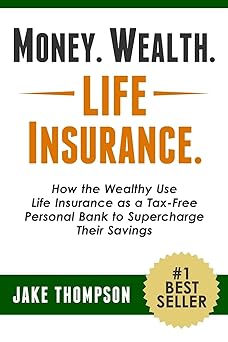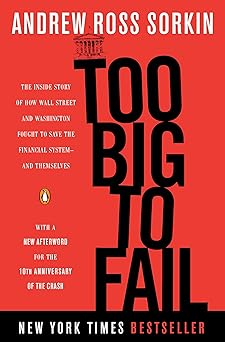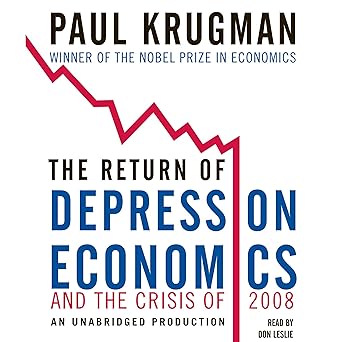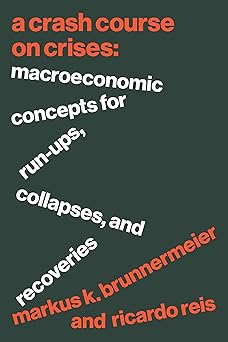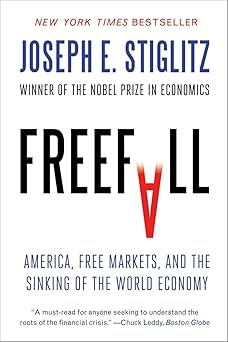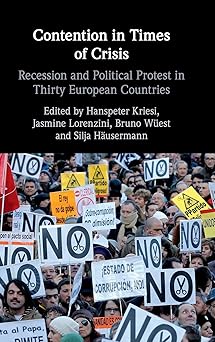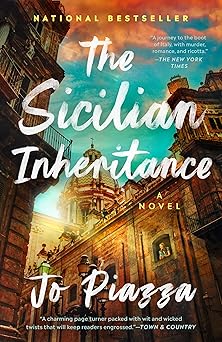
A Journey to the Boot of Italy, With Murder, Romance and Ricotta takes readers on a thrilling adventure as Sara Marsala navigates her way through a tangled web of family secrets, murder, and romance. Sara's life has been turned upside down after the failure of her business and marriage, and the loss of her beloved great-aunt Rosie. However, Aunt Rosie's death also sets Sara on a path to discover the truth about her family's past, particularly the mysterious death of her great-grandmother Serafina.
As Sara delves deeper into the mystery, she finds herself transported to the picturesque Italian countryside, where she embarks on a twist-filled adventure to uncover the secrets of her family's history. Along the way, she discovers that Serafina, a feisty and headstrong young woman, was thrust into motherhood at a very young age and fought tirelessly for a better life for herself and the women of her village. As Sara learns more about Serafina's story, she realizes that she is coming head-to-head with the same menacing forces that took down her great-grandmother. The more she challenges the status quo, the more she finds herself in danger, and she must navigate a complex web of relationships and alliances to uncover the truth. With its immersive multigenerational mystery and ode to the heroism of everyday women, this book is an atmospheric and page-turning delight that will keep readers on the edge of their seats. Sara's journey is not just about solving a mystery, but also about discovering her own identity and finding her place in the world. As she navigates the winding roads and charming towns of Sicily, Sara must confront her own limitations and learn to rely on herself in order to uncover the truth.
I recently closed the cover on a book that left me feeling emotionally numb, yet deeply moved. The story follows Sara Marsala as she embarks on a journey to unravel the mysteries of her family's past, specifically the enigmatic death of her great-grandmother Serafina. As I turned the pages, I couldn't help but think of my own journey of self-discovery, which often felt like a tangled web of secrets and lies.
As Sara navigates the picturesque Italian countryside, she comes across a world of characters that are both familiar and foreign to her. She discovers a cast of strong-willed women who, like Serafina, fought tirelessly for a better life. These women, who were often overlooked and underappreciated, left an indelible mark on Sara's life, and she begins to see her own life and struggles in a different light. I couldn't help but feel a sense of solidarity with Sara as she grappled with the weight of her family's secrets and the pressure to fit into a predetermined role. Her journey is not just about solving a mystery, but about finding her place in the world and discovering her own identity.
The author's masterful storytelling weaves together elements of family secrets, murder, romance, and self-discovery to create a thrilling and immersive tale. As Sara navigates the twisted paths of her family's history, she must confront her own limitations and learn to rely on herself. The more I read, the more I realized that this book was not just about uncovering the truth about Sara's family, but about embracing the complexities and uncertainties of life. The author's writing is breathtakingly beautiful, and the story will keep you on the edge of your seat, eager to uncover the truth alongside Sara.
Rating: 4.8 / 5.0
I recently finished reading a captivating book that left me feeling emotionally numb yet deeply moved. The story follows Sara Marsala as she embarks on a journey to unravel the mysteries of her family's past, specifically the enigmatic death of her great-grandmother Serafina. The author skillfully weaves together elements of family secrets, murder, romance, and self-discovery to create a thrilling tale. As Sara navigates the twists and turns of her family's history, she must confront her own limitations and learn to rely on herself. The author's masterful storytelling creates a sense of solidarity with Sara as she grapples with the weight of her family's secrets. The story is a breathtakingly beautiful exploration of the complexities and uncertainties of life. I highly recommend this book to anyone looking for a thrilling and immersive read.
